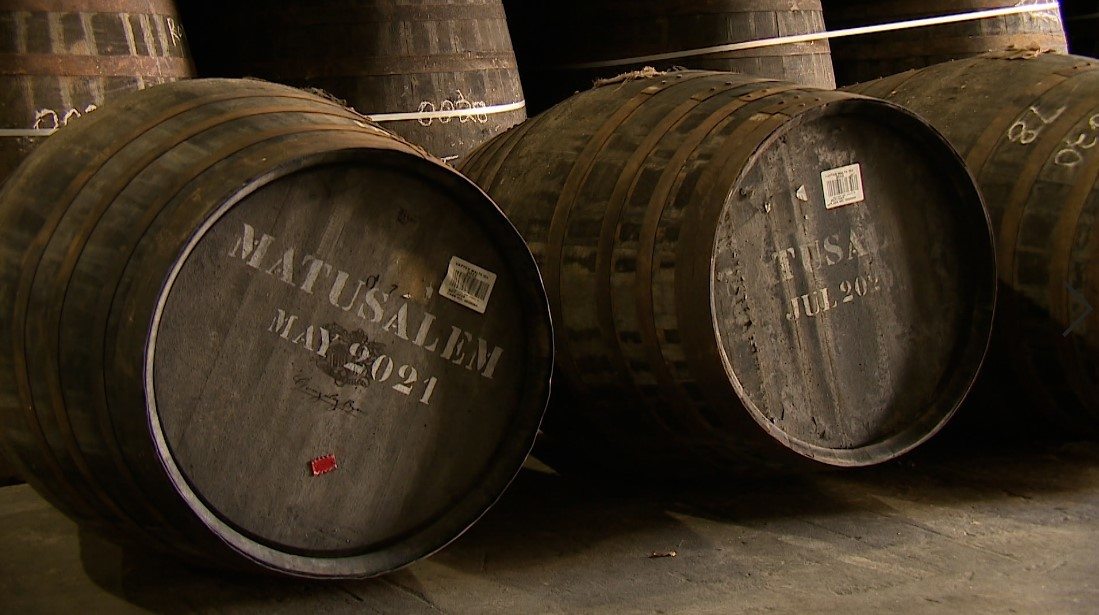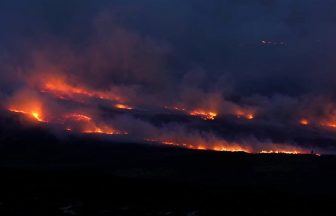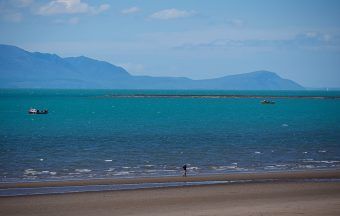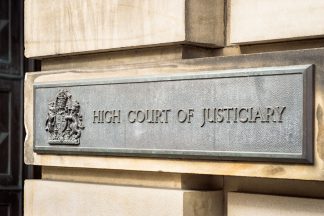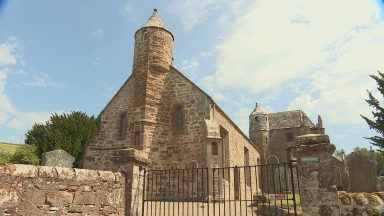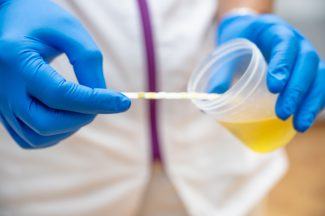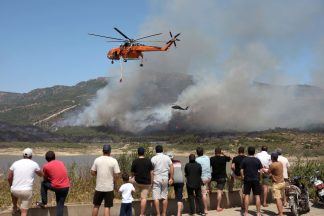The Scotch whisky industry is bracing itself for its largest tax hike in years, which experts have called a ‘historic blow’ to one of the country’s largest industries.
A blanket alcohol duty freeze is set to end in August with the industry, one of Scotland’s largest, facing a 10.1% increase.
The Scotch Whisky Association said distillers are already under pressure as they grapple with the soaring cost of energy.
In his first meeting with Prime Minister Rishi Sunak, First Minister Humza Yousaf asked that Westminster treat the industry fairly.
Shane Healy at Whyte and Mackay said a rise on tax will have a huge impact.
He told STV News: “At the moment unfortunately with all the rest of the cost increases, raw material increases, energy increases, wage increases – all together it’s a really high impact on scotch whisky.
“The main people it’s going to effect is our consumers and our consumers are the people who keep the Scotch industry going.”
Under new taxation, the rate on spirits will rise to £31.64 per litre of pure alcohol.
The average price of a bottle of whisky in Scotland is £15.22, which means from August – £11.40 of that will be collected though duty and VAT.
Charities say higher taxes is one of the most effective routes to reduce alcohol harm and has condemned the First Ministers support of the industry.
Director of expert alcohol medical group, Scottish Health Action on Alcohol Problems (SHAAP), Elinor Jayne, said: “By acting as the Scottish Whisky Association’s spokesperson in Westminster, the First Minister is undermining his own stated aim of taking ‘preventative action to reduce alcohol harm’.
“Given only 1% of Scotch whisky is sold in Scotland, the duty hike will have a miniscule impact on the industry, if any.
“On the other hand, by making alcohol more affordable, it is estimated that previous duty freezes have led to over 250 additional deaths and 4,500 hospital admissions in Scotland between 2012-2019.”
Relief will be provided on on-draught products, such as beers and ciders you’ll find on tap. However, draught products make up less than half of what is behind the bar and The Scotch Whisky Association says it could influence the hospitality sector.
Mark Kent, Chief Executive at the Scotch Whisky Association said: “Our industry is remarkably resilient and has continued to do well because there is a lot of demand for the product.
“But we cannot keep on investing if we’re being hit with such large tax increases and that has an impact on investment and on jobs.
“Distillers are being hit unfairly, there’s energy rebaits if you make cider or beer but not if you’re a distiller and we don’t see the logic in that.”
The UK Government says duty on scotch whisky is at its lowest real terms level since the year 1900.
An HM Treasury spokesperson said: “Scotch whisky has benefitted from nine cuts or freezes at the last ten Budgets, which means duty on it is at its lowest real terms level since 1900, and the new alcohol duty system coming in this year will help Scotch compete fairly with other products, including spirits and still wine.”
Follow STV News on WhatsApp
Scan the QR code on your mobile device for all the latest news from around the country


